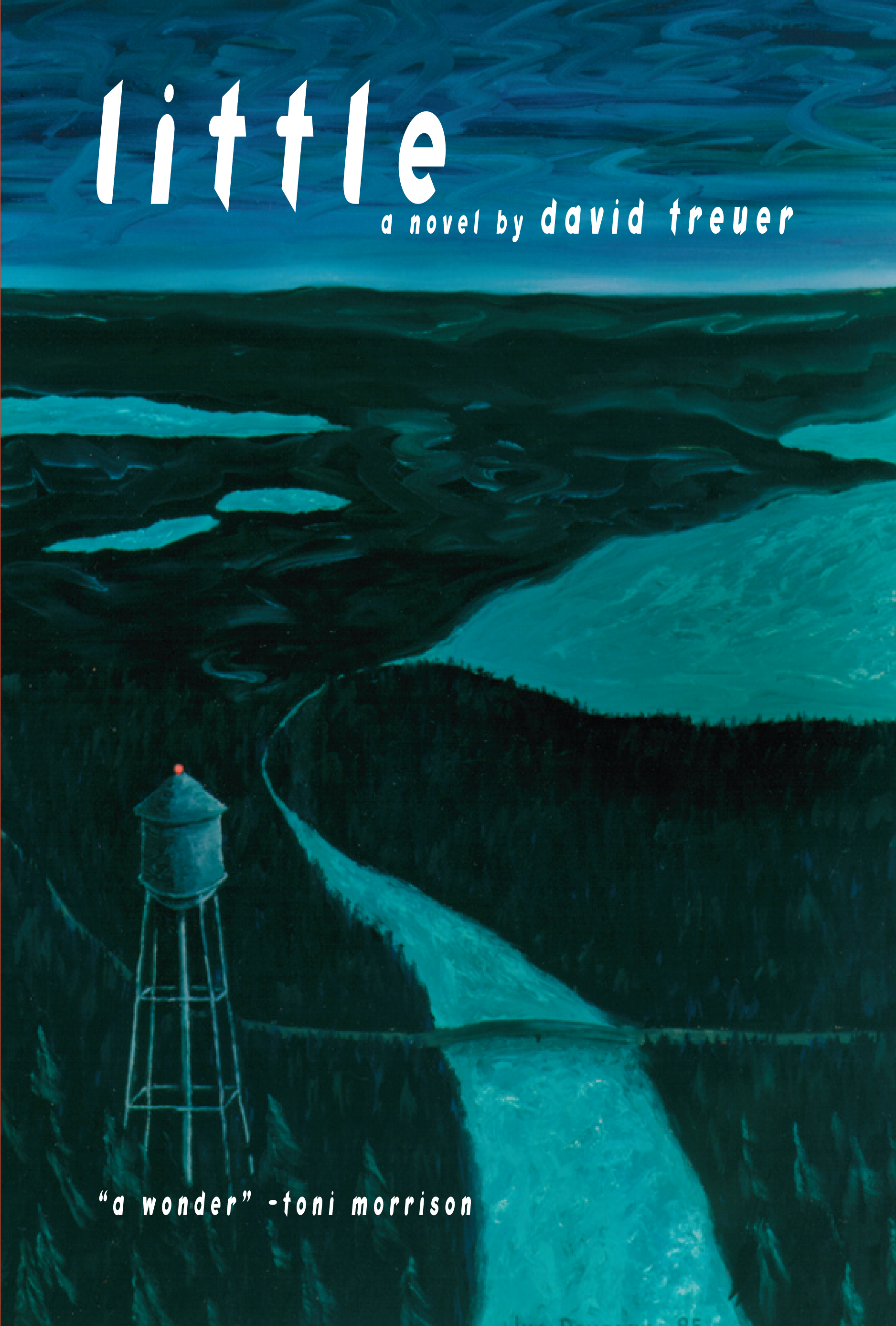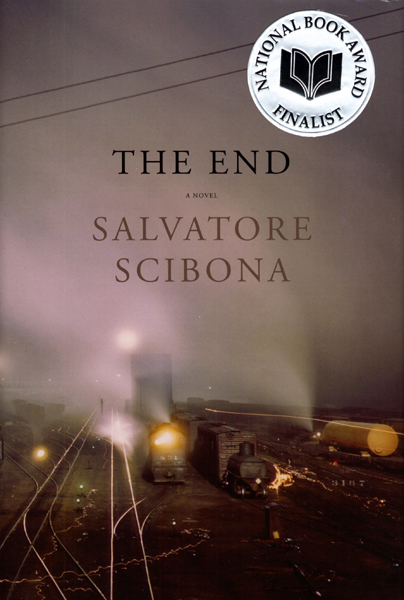Fiona McCrae on First Pages
People often ask me how much I read of a manuscript before deciding whether or not to publish. The answer is that it varies—the more I like something, the more I read of it. However, it is certainly true that one can tell a lot from a first page.

Bad opening pages are all alike—that’s what makes them bad, after all—there is a sameness to them: too many adjectives, clunky sentences, and clichés combine to create insurmountable dullness. Great opening pages, however, are all unlike, and my favorite ones nearly always contain a surprise. The surprise often does not come from language that is forced and straining to impress, but can spring from quite simple phrasing, which nonetheless signals something quite dramatic. Think of Orwell’s clocks striking thirteen at the beginning of 1984, for example.
The first sentence in David Treuer’s Little (the first novel I acquired for Graywolf) contains the phrase, “The grave we dug for my brother Little remained empty, even after we filled it back in.” This sentence forces us to stop and take note. The surprise comes from two simple enough words, “empty” and “filled.” The words are contradictory, but are being used to describe the same grave. We read on to try to see how this disparity gets resolved. As an editor, I’m also thinking, “That was a deft move! What else can this writer do?” My curiosity is not just about the plot, it’s about what the writer will do next, and what it says about his or her talent. And time and time again, I find that if the talent is evident on the first page, it is evident throughout.

One of my favorite first pages from the Graywolf backlist is the opening of Salvatore Scibona’s The End. The first sentence is stunning in its rhythmical and riveting description.
He was five feet one inch tall in street shoes, bearlike in his round and jowly face, hulking in his chest and shoulders, nearly just as stout around the middle, but hollow in the hips, and lacking a proper can to sit on (though he was hardly ever known to sit), and wee at the ankles, and girlish at his tiny feet, a man in the shape of a lightbulb.
It’s a dense sentence, to be sure, and Scibona seems on the verge of inventing his own word order, but some of the effects come from simple words used in unexpected context. Look how the ideas around smallness, “wee at the ankles” and “girlish at his tiny feet,” counterpoint the large, imposing concepts the description started out with, “bearlike” and “hulking” and “stout.” Again, we want the contradictions resolved, and the resolution comes quite quickly and brilliantly: “a man in the shape of a lightbulb.” What Scibona has done is to take our eye from top to bottom of this man, and then he has panned away to give us the whole shape. Before lightbulb punctured the tension, I was expecting a more complex image, a word to suggest a half-bear, half-man creature. But no, it’s only a man in the shape of a lightbulb. It’s so simple, so surprising, so imaginative; Scibona has gone a long way to win our hearts for this man, who is rendered so harmless by the image.
And, in the midst of this description, we have found out that this man is poor, and probably very busy. The rest of the paragraph continues with a long, twenty-line sentence that is essentially a list of this man’s attributes, each one separated by a semicolon. Within each semicoloned phrase we learn something new, and the structure of the phrasing in each section varies sufficiently that it propels along and avoids monotone. For example, the longer, fairly narrative phrase, “a looker-right-through-you if he pleased, as old cats look, accustomed to suffering the company of others but always in need of privacy” is followed by the short, encapsulating, “the baker of Elephant Park.”
The second, much shorter paragraph of the novel begins very close to the bottom of the page, and describes his typical working day: “fifteen hours of labor he divided into three parts,” then it casually mentions how the day is affected if his son comes home, which leads to the last short sentence of that paragraph: “He was the father of three sons.” This telling piece of information has been withheld from the long list of attributes we read earlier, and gets both a kind of pride-of-place and afterthought positioning. Scibona knows we will pay attention to this. The reader understands this is going to be an important point. That is it is not mentioned first becomes, in its own way, significant over the course of the novel.
In these paragraphs, Scibona appears to be breaking the rule of “show, don’t tell.” He is certainly telling us a lot. But in the way that he is telling, he is showing a great deal more. Scibona is introducing a central character in an utterly memorable way, subtly touching on the themes of the whole novel, creating a mood and a world through this highly individual use of language, and establishing beyond doubt that he is a major talent.
Who wouldn’t want to keep reading to the very end?
—Fiona McCrae is the Publisher and Director of Graywolf Press